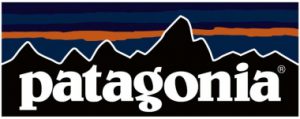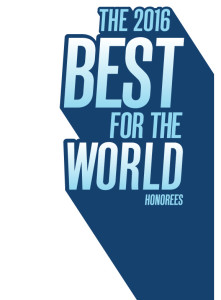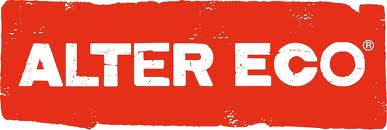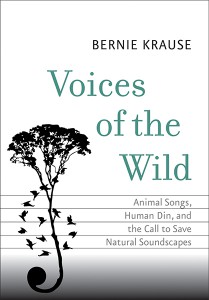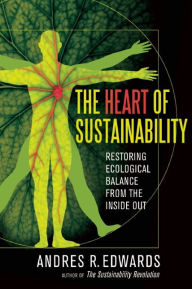 More than two dozen of The Green Spotlight’s previous posts have covered or touched on green products (and green companies). Below is a list of many of those posts, which have covered everything from gifts to clothing to home/building-related products and equipment, as well as other types of goods. Many of the products mentioned in these posts would make good and useful gifts (for holidays, birthdays, etc.).
More than two dozen of The Green Spotlight’s previous posts have covered or touched on green products (and green companies). Below is a list of many of those posts, which have covered everything from gifts to clothing to home/building-related products and equipment, as well as other types of goods. Many of the products mentioned in these posts would make good and useful gifts (for holidays, birthdays, etc.).
- How to Identify Greener Products: Certification Eco-Labels, Standards, Ratings
- Health Impacts of Toxic Chemicals
- Better Gift Giving: Tips and Suggestions
- Greener, More Gratifying Gifts
- Green Gifts: Tips and Ideas (2.0)
- Green Gifts: Tips and Ideas (1.0)
- Sustainable and Responsible Clothing and Apparel
- Electric Motorcycles, Scooters, Trikes, and Other 2-Wheeled and 3-Wheeled Alternative Vehicles
- Chocolates of Choice: Organic, Fair Trade, and Delicious
- Selecting Safe and Healthy Pet Foods
- Flea and Tick Treatments that Won’t Poison Your Pet
- Natural Mosquito Control and Effective, Least-Toxic Repellents
- Solar/Electric Generators: Clean, Portable Power
- Modular, Prefab, and Compact Green Homes and Structures
- Low-Cost, High-Payoff Green Home Improvements, Retrofits, and Remodeling Projects
- Water-Saving, High-Efficiency Plumbing Fixtures: Toilets, Showerheads, and Faucets
- ENERGY STAR Products for Homes and Businesses
- How to Choose Less-Toxic, Low-VOC Paints and Coatings
- Best for the World B Corporations, 2021
- Best of the Best B Corporations, 2019
- Best B Corporations, 2018
- Best for the World B Corps of 2017
- Best of the “Best for the World” B Corps of 2016
- Best of the Best B Corporations of 2015
- Beneficial Businesses: Top B Corps of 2014
- Benefit Corporations and B Corps: Businesses for the Common Good
- Green Business, Corporate Responsibility, Ethical Finance, and Sustainable Economies
- Books and Films (2024)
- Books and Films (2023)
- Book Suggestions (2022)
- Book Suggestions (2021)
- New Books (2020)
- Book Suggestions (2019)
- Books on Sustainability Topics (2016)
The following are just a few of my favorite companies that make or sell products: Patagonia, EarthKind, W.S. Badger Co., Host Defense/Fungi Perfecti, and Booda Organics. Some places where you can fairly readily find green(er) products include: local food coops and farmer’s/crafts markets, organic nurseries and farm stands, thrift/consignment and antique stores and used bookstores (reused products), Natural Grocers, Sprouts, ThriveMarket.com, and RealGoods.com. Also take a look at some of the “zero-waste” stores online.

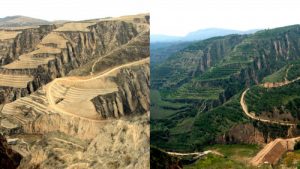
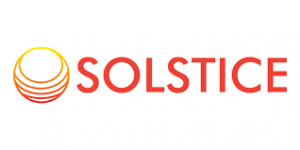


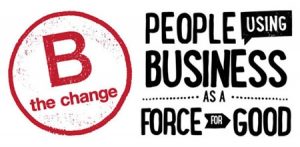
 A
A 

